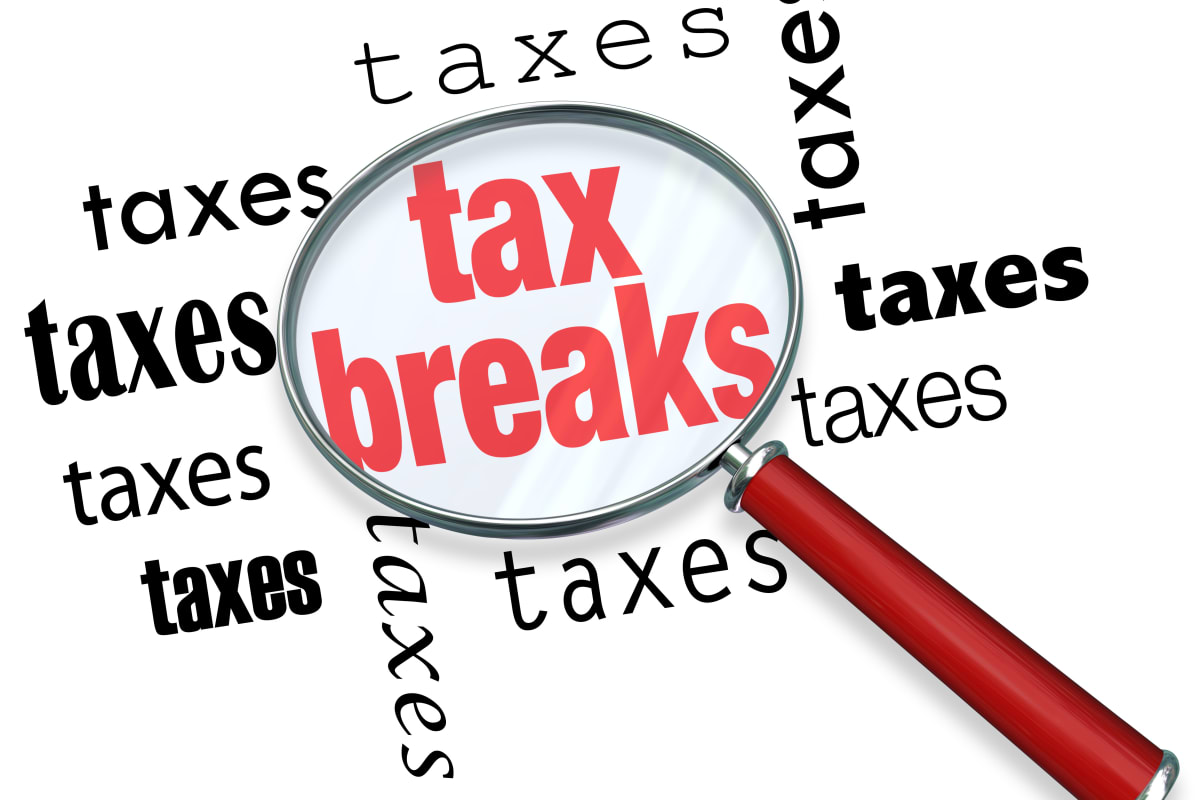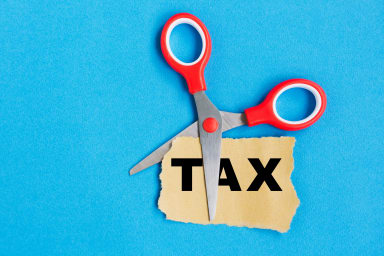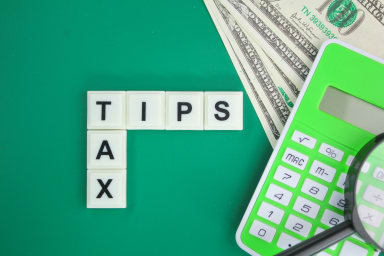The effects of the coronavirus pandemic have shifted the way people work, and more self-employed individuals are working from home. Running a business out of your home has many advantages, including no commute, dressing how you want and easy access to your family.
Another advantage is qualifying for tax deductions. As long as business owners meet the IRS requirements for home office deductions, people with a dedicated office space can claim certain expenses on their tax returns.
Home Business Taxes Background
When you use part of your home regularly and strictly for business, you can rely on tax deductions to help save you money in the long run. Some home expenses you may not consider include:
- Rent or mortgage payments
- Homeowners insurance
- Utilities including internet and business phone line
- Cleaning services
- Electricity
- Air conditioning/Heat
If your office space covers 500 square feet and your home is 2,000 square feet, 25% of your home expenses qualify. You can also deduct the pro-rata portion of any repairs or maintenance of your home that benefit your home office.
Requirements
Keep these home business tax requirements in mind:
- You must have a separate space dedicated to your business. A living room that you also use to conduct business doesn’t qualify.
- You must be the registered business owner or independent contractor to take the home office deduction.
Considerations
Be aware that you may have to justify the deductible portion of the cost. The IRS has an automated system for detecting red flags. It will compare your business expenses and other information to others in your industry. Maintaining records is the best idea when it comes to tracking home business tax records.
For added protection, file IRS Form 8829 with your tax return to explain why you need your home office and how it is used.
The amount you can deduct for home office expenses can’t be more than your business’s net income, after you’ve deducted your business expenses, such as supplies, travel expenses and phone charges.
For example, if you have $4,000 in deductions, you can deduct the entire amount, as long as your business had at least $4,000 in net profit. Home office expenses that exceed your net income can be carried over to succeeding years as a loss.
Additional Home Business Tax Considerations
To qualify for these tax breaks, your home office must be the main place where your goods and services are provided to customers and your revenues are generated. You can maximize your tax breaks, and keep more of what you earn if you:
- Exclusive Use: Use your home office exclusively for business. The IRS won’t let you take a deduction for your kitchen, just because you use the kitchen table as your desk. You must have a separate room or partitioned area that’s devoted to business use.
- Principal Place of Business: Your home address is your principal place of business, even if part of your business, like a warehouse, is outside your home.
- Storing Supplies: Consider storing your merchandise or supplies on your property — in a detached shed, spare closet or your garage — instead of renting a warehouse. You’ll save on rental costs and get a tax break for the space you use.
Disclaimer: The content on this page is for informational purposes only, and does not constitute legal, tax, or accounting advice. If you have specific questions about any of these topics, seek the counsel of a licensed professional.
Article courtesy of SCORE.
Tax Information and Resources
-
Avoid Tax Time Frustrations
-
6 Tax Hacks For SMB
-
3 Common Tax Problems You Can Fix
-
Tax Tips For The Self Employed
-
7 Tax Planning Myths
-
6 Tax Hacks For SMB Owners
-
How are LLCs Taxed?
-
Calculate Sales Tax
-
Tax Information for LLC's
-
W2 Prep & Reading
-
Fed and State Tax ID Numbers
-
Self Employed Tax Deductions
-
Sales Tax Nexus Explained
-
Avoid Capital Gains Tax on Stock Sales
-
Owing the IRS 6 Tips
-
What is Franchise Tax
-
Tax Credits As Revenue for Your Business
-
Don't Forget These Deductions
-
California Franchise Tax Board Fee
-
Self Employed Tax Mistakes
-
IRS W-4
-
SMB Tax Deductions
-
Tax ID Numbers
-
What is a W9
-
Track Tax Deductible Expenses
-
Quarterly and Annual Tax Filing
-
TINs and 1099s
-
Business Tax Refund
-
State Business Taxes
-
Avoid Triggering an IRS Audit
-
Small Business Federal Taxes
-
Single Member LLC Taxes
-
National Internet Sales Tax Bill
-
Self Employed Quarterly Tax Filing
-
Vehicle Tax Deduction
-
Compare the Benefits of Inc vs LLC Taxes
-
Payroll Tax Guide
-
Income Tax Liability: What You Need to Know
-
Filing Partnership taxes
-
File for a Tax Extension
-
Can I Deduct My Hobby?
-
Home Business Tax Breaks
-
Choosing LLC Fiscal Year
-
Independent Contractors
-
50 Tax Deductions Not to Miss
-
What Does an SMB Pay in Taxes
-
Abusive Tax Shelter Info
-
Deduct Start Up Expenses
-
Tax Deductions For Purchasing Artwork
-
Helpful Tax Tips
-
Difference 401k & 401a
-
How To Sell Your Business
-
Home Office Deductions
-
End of Year Tax Strategies
-
LLC Tax Filing Deadline
-
K1 Tax Forms
-
Tax Write-Offs for an LLC
-
How to File Taxes for LLC
-
Home Business Tax Deductions
-
Small Business Tax Basics
-
Guide to EIN Numbers
-
Taxes As An Artist
-
Top 19 Tax Deductions







